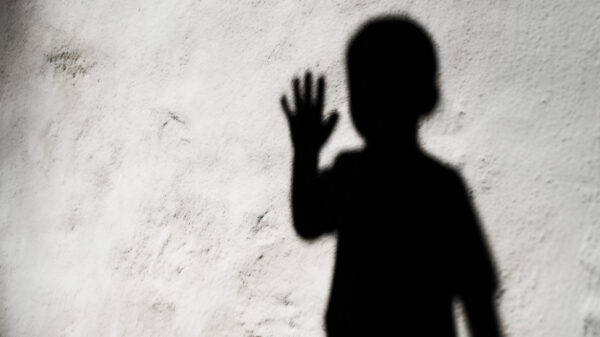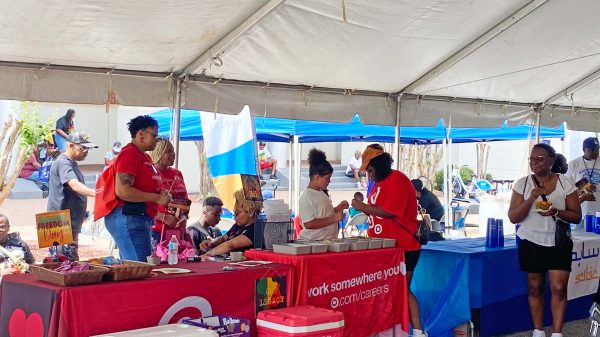Ahead of celebrating Juneteenth, Alabama Values hosted a virtual event to launch the “Been Banned” series, intended to challenge the erasure of Black history and affirm local cultural traditions.
Anneshia Hardy, executive director of Alabama Values, framed the event as both a historical reckoning and a strategic response to current efforts to “ban” or limit the teaching of concepts such as systemic racism and white privilege.
“This isn’t just a celebration of freedom. It’s a celebration of how our people have always chosen joy, creativity and community in the face of deep injustice,” said Hardy.
The featured speaker, Dr. Kimberly Brown Pellum, a Montgomery native and historian, delivered an in-depth keynote exploring Juneteenth not as a singular moment of liberation, but as part of a broader tradition of self-determined Black celebration.
Brown Pellum used examples from Alabama to illustrate how community-rooted celebrations operate as both cultural expression and resistance. She recalled the Turkey Day Classic in Montgomery, a football game between Alabama State University and Tuskegee University, as a major cultural event treated by local residents as “Black Thanksgiving,” complete with meals, family gatherings and public pride.
“It wasn’t just a football game. It was the crown jewel of Black college classics. It centered community, not pilgrim mythology,” said Brown Pellum.
Brown Pellum also highlighted Montgomery’s Martin Luther King Jr. Day parades as grassroots commemorations began by those who had participated in the Civil Rights Movement.
Referencing Mobile’s Mardi Gras and its often-overlooked Black roots, Brown Pellum explained how even widely celebrated American holidays often have foundations in Black cultural labor and aesthetics, particularly in the South.
The discussion also addressed the historical distortions surrounding Juneteenth itself. Brown Pellum challenged the belief that enslaved Texans were unaware of their freedom until the arrival of Union troops. She explained that many had heard of emancipation long before General Gordon Granger arrived in Galveston in June 1865, but couldn’t act on that knowledge due to violent suppression and the lack of military enforcement.
“Juneteenth, while it’s a powerful marker, it’s not a clean break from bondage. It reminds us that freedom was not simply declared. It had to be fought for, claimed, and protected through action and collective will,” said Brown Pellum.
Organizers described a coordinated wave of legislative efforts across the country, including in Alabama, to suppress the teaching of Black history, limit diversity initiatives, and police language in schools and workplaces.
The “Been Banned” series hopes to counter those trends by offering “a traveling community education and advocacy program focused on book bans, censorship, and truth-telling in public spaces.” Future programming under the “Been Banned” banner will include additional public events and curated educational content produced in collaboration with The History Consultants.
“This is about reclaiming what’s been distorted, forgotten, or buried. The fight for truth and liberation is ongoing, and our ancestors left us a blueprint—not just for resistance, but for joy and community-building,” said Hardy.
In emphasizing local culture as a form of historical preservation, Brown Pellum concluded that Black community practices are not incidental.
“We’ve never needed permission to honor our dead, to crown our daughters, or to remember. These are acts of self-regard and self-definition,” said Brown Pellum.
Alabama lawmakers passed HB165 in early May 2025, officially designating Juneteenth as a permanent state holiday, which mandates the closure of all state offices in observance of emancipation. Juneteenth has been a federal holiday since 2021.


















































